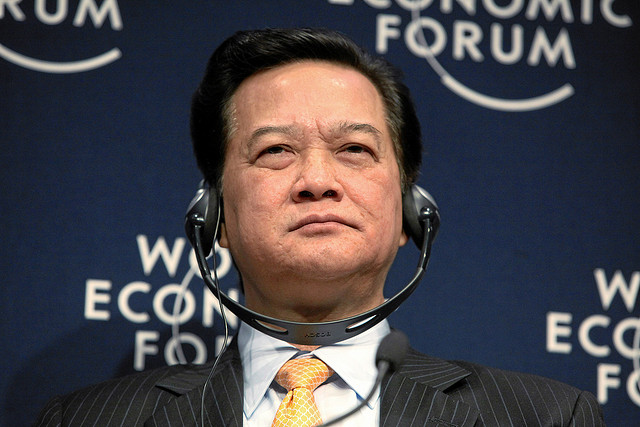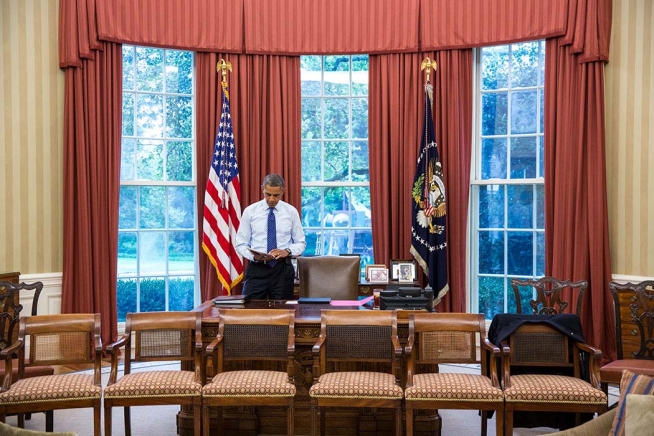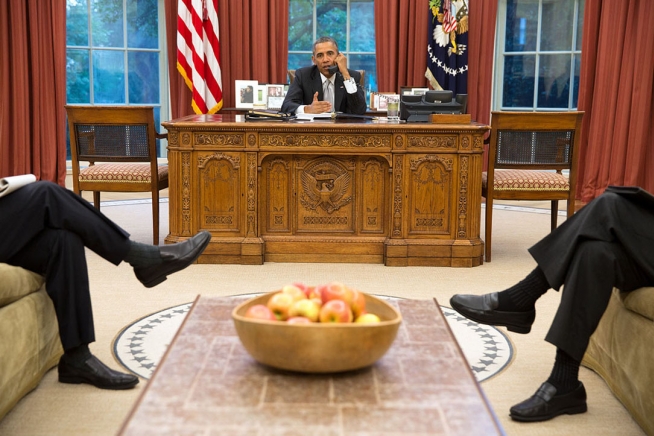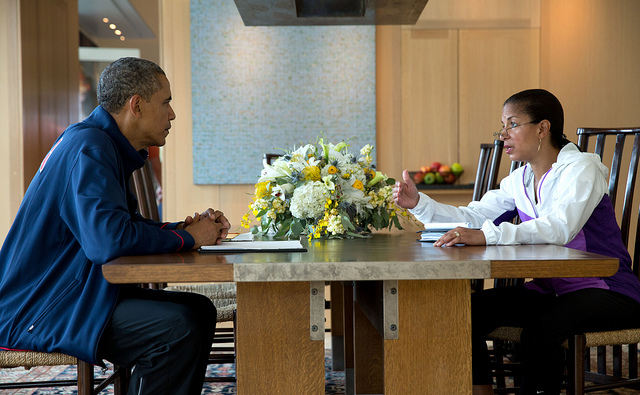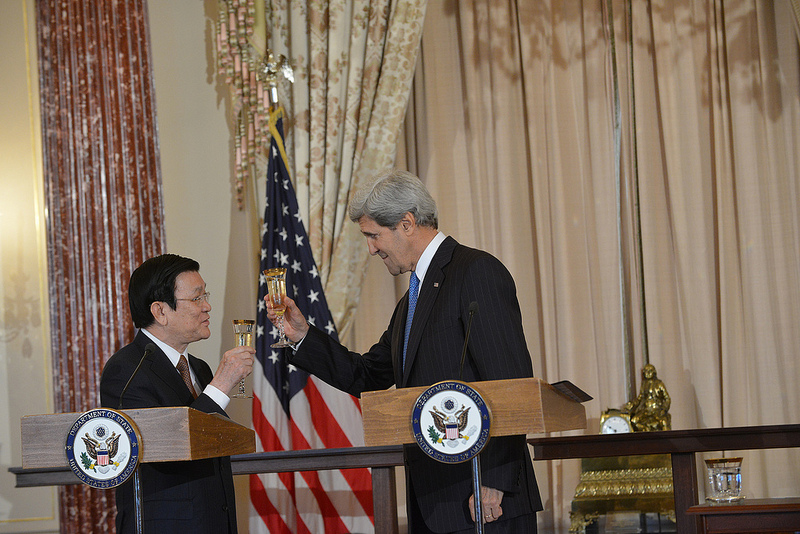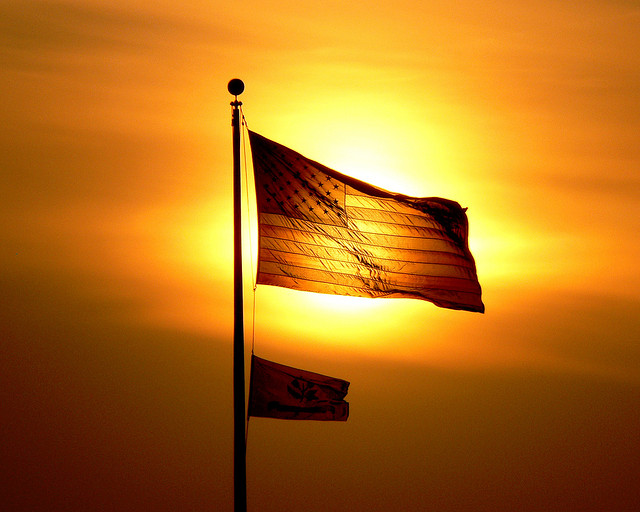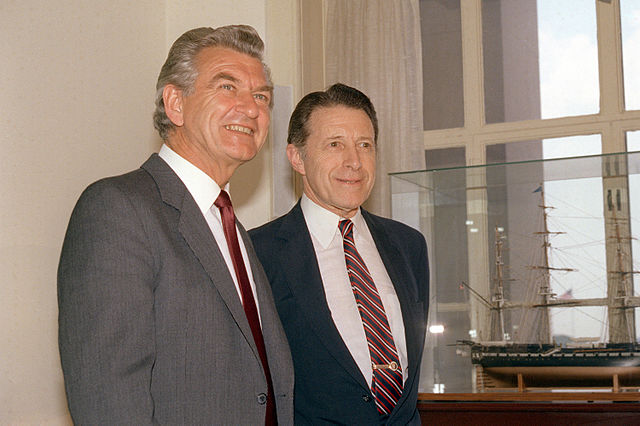The pivot: a complication for Europe, not a game-changer
 It makes sense to think of Europe’s response to the United States pivot towards Asia as an episode in Europe’s continuing preoccupation with retaining US commitment, rather than as a moment of epiphany. That preoccupation has a long history, starting decades before the 2010 ‘pivot speech’ and the later ‘rebalancing clarification’.
It makes sense to think of Europe’s response to the United States pivot towards Asia as an episode in Europe’s continuing preoccupation with retaining US commitment, rather than as a moment of epiphany. That preoccupation has a long history, starting decades before the 2010 ‘pivot speech’ and the later ‘rebalancing clarification’.
It remains to be seen how European anger with the US over spying allegations made by Edward Snowden will affect EU–US relations. It’s a reasonable bet that the eventual conclusion will be that whatever the Americans do, everyone still needs them. Read more

